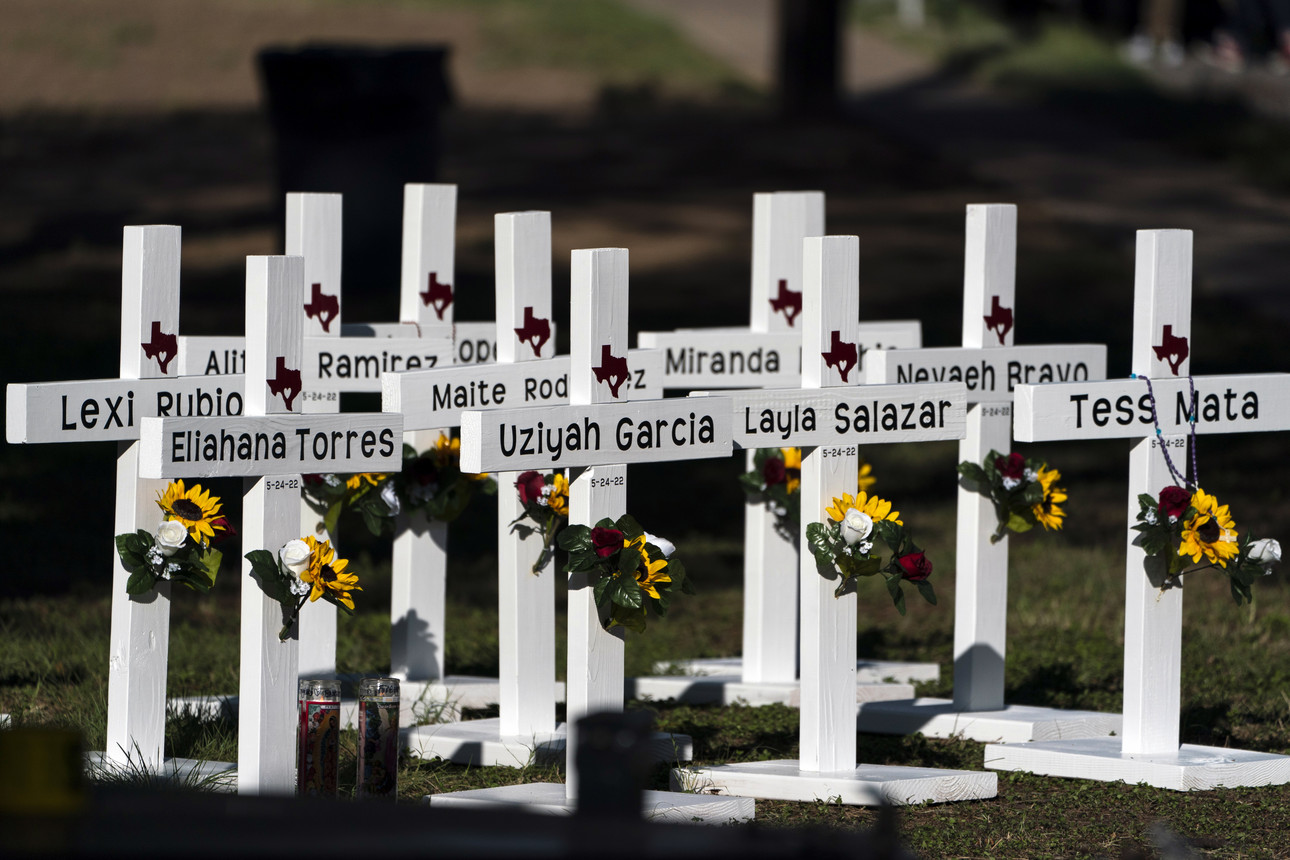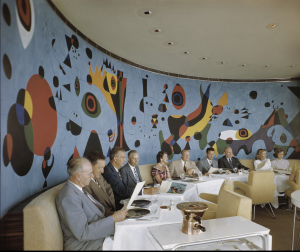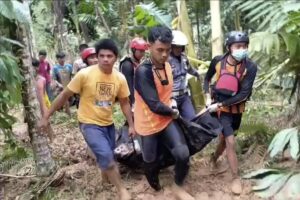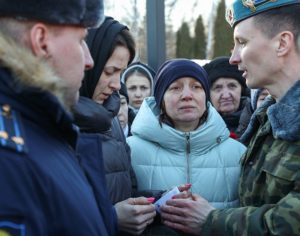Senseless tragedies like the Monterey Park mass shooting will continue until we enact meaningful regulations — and transform our culture.
UPDATE (Jan. 24, 2023, 10:46 a.m.): Since publishing this story, the total number of mass shootings in the U.S. in 2023 has risen from 33 to 39, according to the Gun Violence Archive.
Lunar New Year should be a time of celebration for Asians around the world. This year it was turned into a tragedy after America’s latest mass shooting took place Saturday night in Monterey Park, a strongly Asian American community in Los Angeles County, California. A gunman shot dozens of people in a ballroom on the eve of the New Year after a day of festivals in the city, killing 11 and injuring others, before later dying by a self-inflicted gunshot wound.
His motivation is still being investigated, but police have preliminarily identified the shooter as a member of the local Asian American community. Then Monday night, another tragedy took place in Half Moon Bay, California, where at least seven people were fatally shot.
These latest mass shootings are a stark reminder of the real consequences of America’s gun crisis, and, even though the motive behind the Monterey Park shooting does not so far appear to be racism, the tragedy compounds the trauma Asian Americans and Pacific Islanders have faced during these last few years of rising anti-Asian sentiment, spurred by the previous president’s anti-Asian rhetoric during the early days of the pandemic.
A mass shooting, in Monterey Park, on the eve of the Lunar New Year, is a tragedy. But gun violence doesn’t just affect Monterey Park and the Asian American community. A mass shooting anywhere is a tragedy — and a policy failure.
It is only January, and this is already the 39th mass shooting in 2023 in America. Thirty-nine tragedies. Hundreds of grieving and traumatized families. Communities trapped in a cycle of violence and sorrow. And each of these mass shootings compounds the pain and suffering each community has uniquely endured. The AAPI community has suffered the rise in anti-Asian hate. The Jewish community has suffered the rise in antisemitism. The Black community has suffered for so long the sins of racism and hatred that have plagued our nation since its inception. It is impossible to list every community that has suffered from gun violence and the compounding sorrow, fear and stress of our other American tragedies. When will the violence end?
It’s easy to become cynical and to start believing that a culture of gun violence is inevitable and unchangeable. But remember, the United States is a global outlier on the issue of gun violence, especially relative to other wealth nations. We do not have to live like this.
It is not enough for only the bluest of blue states to enact sensible gun regulations, because this does not solve the root of the issue: our society’s obsession with guns as a political symbol. Of course, the Second Amendment is important. Of course, the government shouldn’t take away all guns from all people. This is not what we need and not what most people want, on either side of the aisle. There is a wide range of regulatory compromises that can be made between completely banning all weapons to having no restrictions of any kind. But it doesn’t make for good television or good campaign fundraising emails.
We need to push past the “all or nothing” framing of the gun debate. We need to recognize and learn from the fact that other nations, including other wealthy, democratic nations, are able to survive and thrive without a culture that elevates guns as a political symbol. We need to address the intersectional, compounded harms that gun violence has done on already marginalized communities. We need national legislative solutions.
Senseless tragedies like Saturday’s mass shooting in Monterey Park will continue until we enact meaningful regulations and transform our culture. We all deserve to feel safe in our communities. We need to care more about kids, more about communities, than we care about guns.
In this new year, hold your loved ones close. Pray for a better tomorrow. And continue making our voices heard, so we can push our government to do better for all of us.




